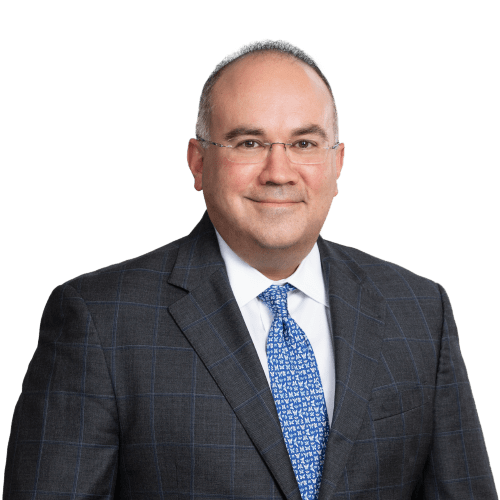Deciding When a Misstatement to a Court Makes a Mockery of the Judicial System
When a litigant makes a statement to one court, and later makes a contradictory statement to another court, what must the other party show to prove the litigant intended to make a mockery of the judicial system? The Eleventh Circuit examined that question, fleshing out the standard for a judicial estoppel defense, in a case filed by a legal assistant against her former employer.
Here’s what happened, according to the court’s opinion: A few months after filing a Chapter 13 petition in bankruptcy court to reorganize her debts, Jenny Smith began work as an assistant at Haynes & Haynes P.C., a law firm in Birmingham, Alabama. Smith swore on her bankruptcy schedule that she had no claims that might form the basis for a lawsuit. Such a disclosure is significant in a bankruptcy case as potential claims belong to the bankruptcy estate, which can pursue them to pay down debts.
Smith’s disclosure was truthful when she made it. But at some point — and critically, it’s not clear when — she realized she had a claim against Haynes & Haynes for unpaid overtime under the Fair Labor Standards Act. She never amended her bankruptcy schedules to disclose the claim.
Smith’s employment at Haynes & Haynes ended in late 2012, and about a month later, the bankruptcy court dismissed her Chapter 13 case after she failed to make payments under her reorganization plan. More than a year later, in July 2014, she sued Haynes & Haynes for unpaid overtime.
Then the plot thickened, according to the Eleventh Circuit’s account of the case. Haynes & Haynes hired a veteran lawyer, John Saxon, to defend the case. Saxon met with Smith’s more junior lawyer, whom he had once mentored, to urge him to drop the case. Unbeknownst to Saxon, Smith’s lawyer was secretly tape-recording their conversation. He later used that conversation as part of the basis for a retaliation claim against Haynes & Haynes.
Saxon told Smith’s lawyer he had missed “a serious and fatal judicial estoppel problem” in the case. Saxon also said Smith suffered “a potentially embarrassing medical condition and that she had borrowed money from [her employer] and not repaid the loans.” He threatened to bring counterclaims for “stealing time,” tortious interference, and unpaid loans if Smith pressed the case.
The case went to the federal court, where U.S. District Judge R. David Proctor granted summary judgment to Haynes & Haynes on both Smith’s main FLSA claim, relying on the judicial estoppel defense, and her retaliation claim.
This month, the Eleventh Circuit reversed summary judgment on judicial estoppel grounds but affirmed the retaliation ruling. In doing so, the court made it much more difficult to establish judicial estoppel, particularly before trial. The result: litigants must spend far more in attorneys’ fees to defend themselves and prove that a party’s omissions to a court rested on an intent to deceive.
To establish judicial estoppel in the Eleventh Circuit, a litigant must show two things: (1) the litigant took a position under oath in one court inconsistent with the litigant’s position in another court; and (2) the litigant intended to make a mockery of the judicial system. Until a 2017 en banc ruling, Slater v. U.S. Steel Corp., 871 F.3d 1174 (11th Cir. 2017), known as Slater II, a party in the Eleventh Circuit could prove the second factor by inference — just by showing the litigant knew about the claim or had a potential benefit in not disclosing it. The Eleventh Circuit eliminated that inference in Slater II, requiring a court to consider “all the facts and circumstances.” It did so to ensure that “as a tool of equity, judicial estoppel should serve justice,” and not just litigants.
As a result, the Eleventh Circuit reversed the summary judgment against Haynes & Haynes, which will now need discovery to prove when Smith learned about her potential claim and establish that she intended to deceive the bankruptcy court by not disclosing the claim.
The admonition that a litigant should not play “fast and loose with the courts, blowing hot and cold as the occasion demands, or having one’s cake and eating it too” will now be much harder to establish in the Eleventh Circuit. See In re Coastal Plains Inc., 179 F.3d 197, 205 n.1 (5th Cir. 1999) (internal citation and quotation omitted).
Read the full opinion: Smith v. Haynes & Haynes P.C., No. 17-14150 (11th Cir. Oct. 15, 2019).

